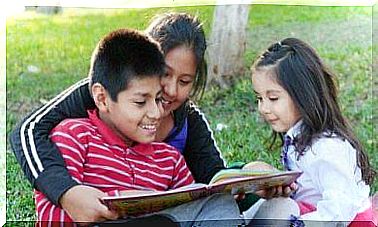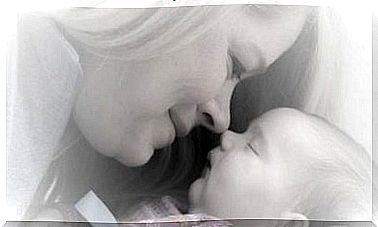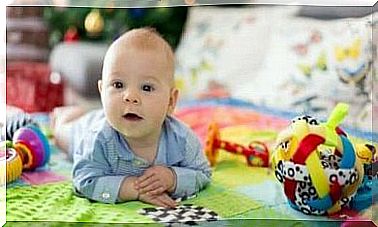What Is The Best Life Stage To Learn?
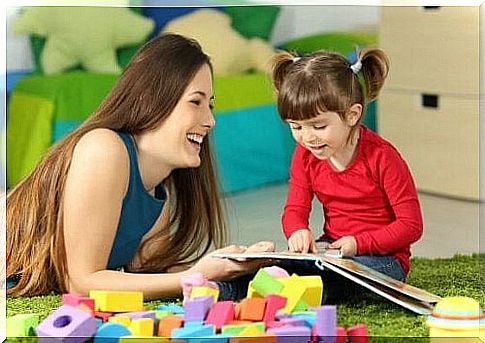
Parents often wonder what the best stage of life is for learning motor activities, cognitive learning, or emotional understanding in children. In this article you will find everything you need to know about this topic.
If you follow a child in his daily activities or while playing, you will see how quickly he can assimilate. He can mimic the information he constantly perceives through his senses.
Of course, this topic is not new. In fact, it has been widely studied by the sciences. Children’s brain connections have been studied on numerous occasions, and researchers have come to striking conclusions. We will share the results with you here.
With all this data, you can stimulate your children’s learning so that they can reach their potential.
What is the best life stage to learn?
To explain the best stage for learning, neuropediatric studies developed a concept called brain plasticity .
Children’s brains and senses are said to act like a sponge, thanks to this brain plasticity. They absorb knowledge between the first few months and six years of life. They absorb all the information they see around them. In addition, they do it very quickly and automatically.
During these years, children go through a sensitive period of learning. It’s a phase you can definitely make the most of. Children can retain the most knowledge at the moment.
This capacity includes areas such as musical and mathematical skills and and motor coordination. It also includes emotional bonding, the development of memory related to visual skills and, of course, language development.

What should children learn at each stage of life?
While children can learn extraordinary between the first months and six years of life, their retention will depend on age.
From birth to two years
In the brain, there is a subcortical structure, the amygdala, which has multiple connections. This allows one to integrate emotions, memories and feelings. Therefore, it determines much of one’s emotional behavior.
That’s why, from birth to the age of two, the kind of treatment you give your baby allows him to develop certain behaviors.
For example, they may develop an avoidant attachment style or, on the contrary, empathy for others. They can develop trust, respect for authority or, on the contrary, fear.
We should note that healthy bonds and adequate emotional intelligence affect all sides of social development. Therefore, parents should pay attention to how they interact with their child during this period.
First few months to five years
During this period, children’s brains make connections between what they see, its use and its meaning. This is all thanks to the fact that children learn what they see. Therefore, seeing lights, colors, varied shapes and even distances will help them develop motor coordination later on.
From eight months to eight years
After eight months, children try to reproduce the sounds they hear outside. In this way, they try to achieve more direct communication with their parents or people nearby.
Of course they start to babble and reproduce small sounds. At around three years old, they reach the syntactical ability to make sentences with meaning in a correct order.
From then on until the age of 8, they pick up the accents and vocabulary they learn from their parents and at school. That is why it is important that you speak correctly with children. In addition, they have to learn new languages and learn to love to read.
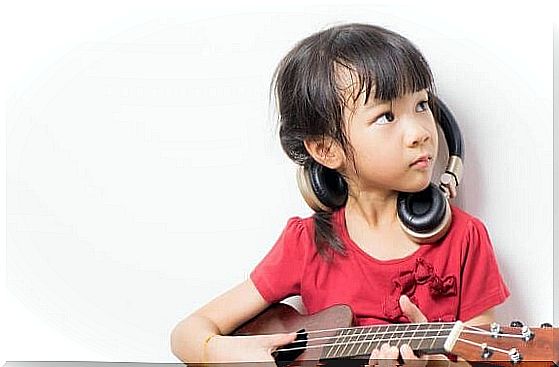
Between one year and eight years
This period is also considered a very special stage of life for learning to play musical instruments. Doing activities that require motor coordination activates areas in the brain that are related to learning math. As a result, children also learn spatial reasoning. This is one of the most important skills children need to play instruments.
Finally, remember that parents are the guides and partners in their children’s learning. With their help, children can learn a wider range of skills and good self-control.



